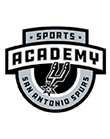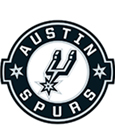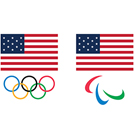Muscle Strains
Muscle strains are more common injuries in sports. Muscle strain refers to an injury of a muscle or its attaching tendons. A tendon is a tough, fibrous cord of tissue that connects muscles to bone. There are two types of muscle strains, acute strain and chronic strain. Acute strains are caused by excessive stretching or tearing of a ligament. Chronic strains are caused by repetitive movements of muscles and tendons over long periods of time and are more common in tennis players and golfers.
Sports activities such as football, basketball, hockey, gymnastics, boxing, wrestling, tennis, rowing, golf-sports, racquet, throwing, and contact sports place participants at greater risk for strain. The symptoms of a strain are typically pain, swelling, muscle spasm, muscle weakness, inflammation, and cramping.
Back strain occurs when the muscles supporting the spine (back bone) are twisted, pulled or torn. Athletes involving in excessive jumping as in basketball or volley ball are more susceptible to back strain.
Hamstring muscle strain is a tear in one or more of the muscles at the back of the thigh. It is caused by imbalance between the hamstrings and the muscles in the front of the thigh. Sports that commonly cause a hamstring injury are sprinting sports such as track and field, soccer, and basketball that involve sudden accelerations.
Most sprains and strains will repair themselves with adequate rest, ice application, compression, and elevation. In case of severe injury, a brace or a splint may be used to immobilize the area and to prevent further injury. Surgery is occasionally required to repair the ruptured muscle or torn ligament.
Prevention
The following tips can help reduce the risk of developing muscle strains:
- Sufficient stretching of lower and upper back muscles or warm-up exercises before playing sports is necessary
- Follow an exercise program to strengthen the muscles
- Eat a healthy well-balanced diet that nourishes muscles
- Always wear a proper fitting athletic shoe with good support
Use proper equipment suitable for the sport you play












